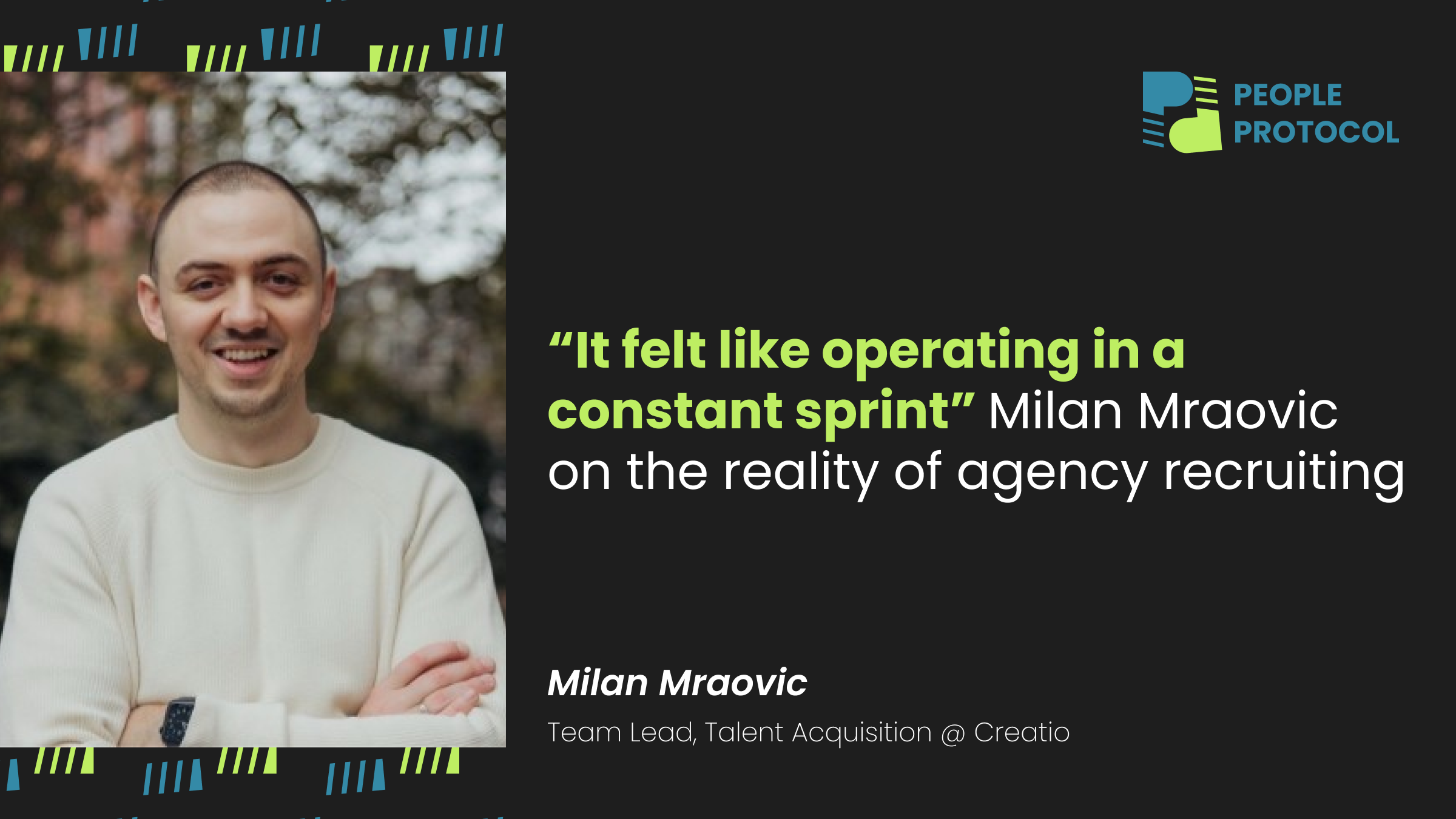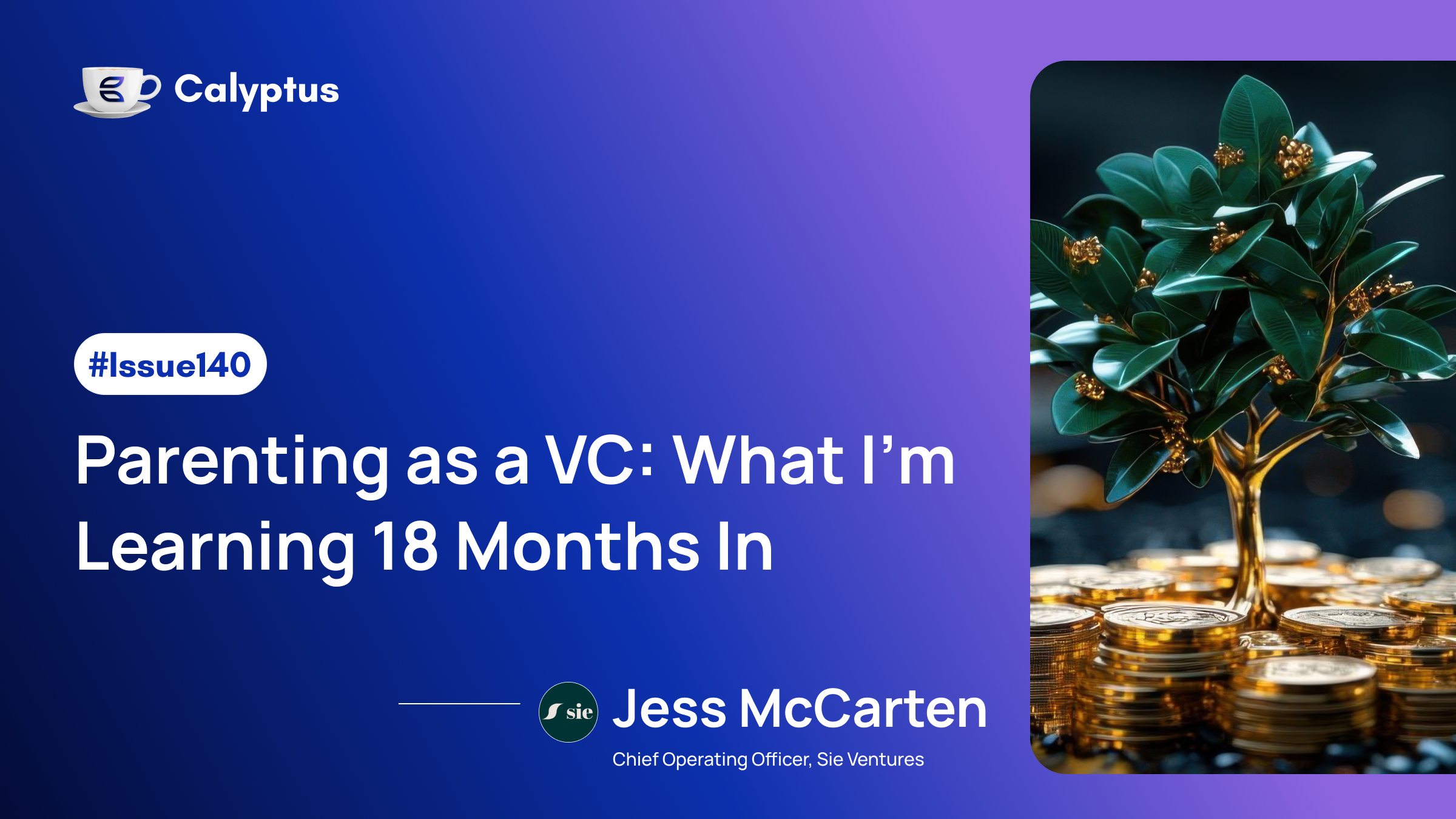Web3 Leader Spotlight: Fermin Carranza
This week, we had the pleasure of interviewing Fermin Carranza on his unique story in becoming a Solidity developer and his take on DAO governance.
With over 8 years of expertise as a Senior Software Developer, Fermin most recently served as the Lead Solidity Developer on the Avara contract at Llama, the full-stack governance platform. His extensive background includes the development of contracts that seamlessly interacted with protocols such as CoW Swap, Paraswap, Interest Protocol, and Hyperlane.
Follow Fermin on X here: @efecarranza

Can you share your Web3 journey and how you became a Solidity Developer in the space?
I studied Finance in college and worked at Morgan Stanley for a few years but I did not really like the traditional investment side of the business. I started studying maths and programming at night because I thought I wanted to do a Master's degree in Financial engineering. During those courses I realised I really liked programming and thought I could get a job without having to go to school. I remember thinking to myself "I trust in my ability to learn, I'll somehow end up where I want to be in the future."
I took a regular Web2 job and was happy but then blockchain really started to take off and went down the rabbit hole. Started with the 'Programming Bitcoin' book, and then moved on to Solidity. I did a few bootcamps/courses because I wanted to get a job and I've been in the space for a few years now, having worked with some really big names in the space such as ConsenSys and Aave.
Do you foresee the evolution of DAO governance in the Web3 space extending its influence and principles into the conventional tech landscape?
My experience working with DAOs has been a mixed bag, I would say. While I like decentralization and autonomy, I do not think the use case applies for everything. I think token-voting has a lot of problems as well. I don't think the current iteration of DAOs is what we will end up with. I don't know what it will look like to be honest, but token-voting and misaligned incentives is not what's going to lead to mass adoption by the traditional tech space.
Having expertise in both traditional software development and Web3, how would you describe the disparities between these two domains?
I am currently reviewing for a Systems Design interview and let me tell you, I do not miss dealing with databases, caching, rate limiting and load balancing, queues, etc. What I've enjoyed about working as a Solidity developer is that I'm much more focused on the algorithmic side of things if you will, which is what I enjoy the most. I really enjoy working within the limitations of the system and refactoring code to make it cheaper in terms of gas, or making contracts smaller as well by using internal functions.
For aspiring software developers looking to transition into Web3, what advice would you give them?
It's going to sound very cliche, but I'd say you have to enjoy the space and you have to believe in a future that's maybe 7-10 years down the road. I'm a big believer in the space but I still had my doubts in 2022 with the bear market, layoffs, and all the bad press. My conviction is what made me stay in the space and not get scared away.
Secondly, I think that security has to be top of mind. I brought down the entire website of the web2 app I worked for before one time, and thirty minutes later it was back online and we still were within that 99% uptime we guaranteed our customers. It was not a great time but we could hot-fix really quickly.
There are no hot fixes in contracts for the most part and even if you get to do a quick fix, by the time you've deployed it, you are going to have lost a lot/caused a lot of harm to your protocol. I'm much more strict about security in all regards since moving into the space.
You just have to be a lot more professional when dealing with private keys and working with billion dollar protocols. Even basic stuff like locking your computer every time you get up in the office, using a password manager is a must.




